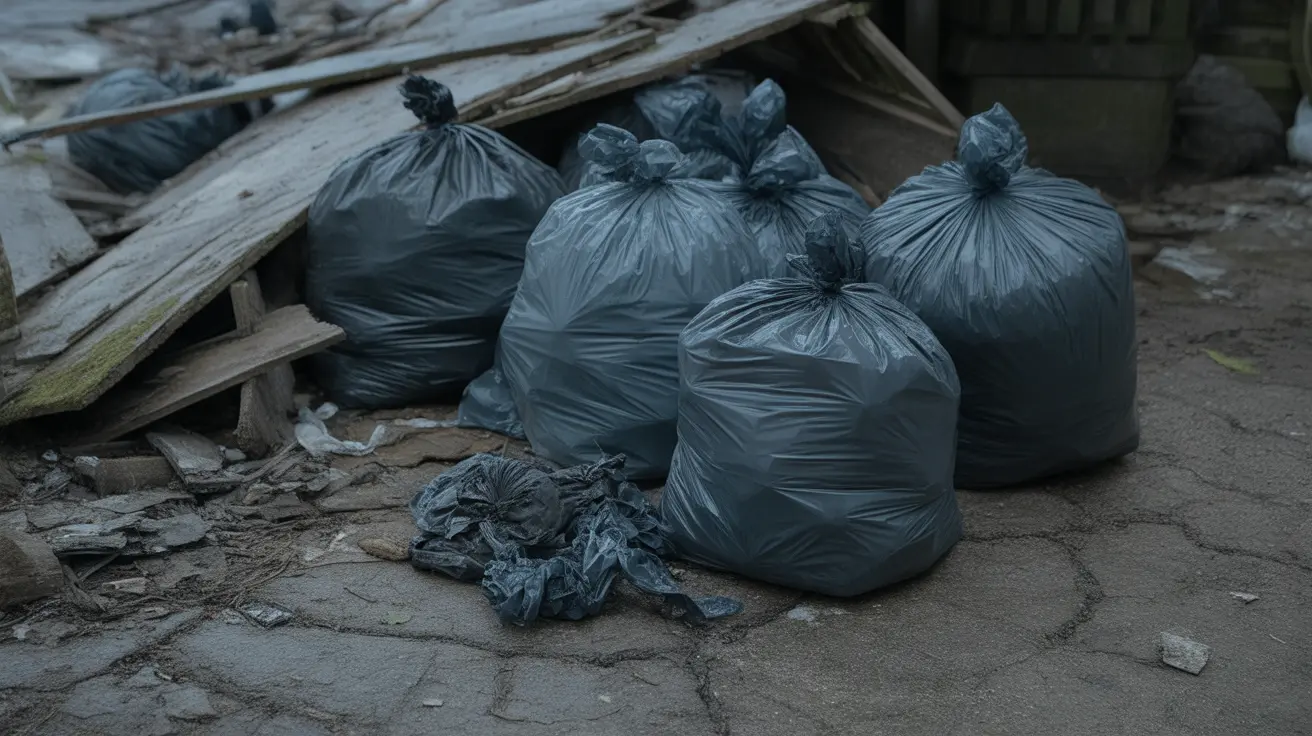Are Pecans Safe for Dogs? What Every Pet Owner Should Know
Pecans are a popular snack for humans, known for their rich flavor and nutritional benefits. However, when it comes to dogs, pecans are far from a healthy treat. In fact, they can pose serious health risks. This article explores why
pecans are dangerous for dogs, the symptoms to look out for, and safer alternatives for your canine companion.
Why Pecans Are Harmful to Dogs
Pecans contain substances and characteristics that make them unsafe for canine consumption. Key reasons include:
- Juglone Toxicity: Juglone is a compound found in pecans and other nuts that can be toxic to dogs.
- Mold Exposure: Pecans can harbor mold, such as Aspergillus, which produces mycotoxins and aflatoxins harmful to dogs.
- High Fat Content: The high fat level in pecans can lead to pancreatitis, an inflammatory condition of the pancreas.
- Choking Hazards: Their size and texture make pecans difficult for dogs to chew and digest, especially small breeds.
- Digestive Blockages: Pecans may cause intestinal blockages that could require surgical intervention.
Symptoms of Pecan Toxicity in Dogs
Dogs who have ingested pecans may show a range of symptoms. These include:
- Vomiting and diarrhea
- Lethargy or unusual tiredness
- Loss of appetite
- Abdominal pain or bloating
- Tremors or seizures (particularly if moldy nuts were eaten)
- Increased urination
It’s important to remember that even small amounts of pecans can make some dogs—especially puppies, small breeds, or dogs with existing conditions—very sick.
What to Do If Your Dog Eats Pecans
If you suspect your dog has ingested pecans, take the following steps:
- Monitor for Symptoms: Look for any signs listed above, especially if you know mold or a large quantity was involved.
- Do Not Induce Vomiting: Never attempt home remedies without guidance from a veterinarian.
- Seek Veterinary Advice: Contact a vet immediately, especially if your dog is small, elderly, or has health issues.
Are Other Nuts Safe for Dogs?
Most veterinarians recommend avoiding all kinds of nuts for dogs. Some, like
macadamia nuts, are even more toxic. Others, such as unsalted peanuts and cashews, may be less harmful but still pose choking, fat, and calorie concerns.
Nuts to avoid at all times include:
- Macadamia nuts
- Hickory nuts
- Black walnuts
- Pistachios
Safer Alternatives for Dog Treats
Fortunately, plenty of healthy and dog-safe treats are available:
- Carrots: A crunchy, low-calorie treat
- Apple slices (without seeds): Sweet and fiber-rich
- Cooked lean meats: Protein-packed and nutritious
- Dog-approved commercial treats
Treats should make up less than 10% of a dog’s daily calories, especially for dogs with dietary restrictions or health concerns.
Preventing Accidental Ingestion
To avoid the health risks of pecans:
- Keep nuts securely stored out of your dog’s reach.
- Clean up fallen nuts from yards, especially if you have pecan trees nearby.
- Stay vigilant during walks in parks or public areas.
- Train your dog to “leave it” when encountering food on the ground.
Conclusion
While pecans are a tasty snack for people, they pose multiple health threats to dogs. From toxic molds and high fat content to choking hazards and potential blockages, the risks far outweigh any benefits. As a responsible pet owner, it's crucial to educate yourself about your pet’s dietary needs and keep potentially dangerous foods out of reach.
Always consult your veterinarian before introducing new treats into your dog’s diet. By choosing safer alternatives and practicing caution, you can help ensure a happy, healthy life for your canine friend.





